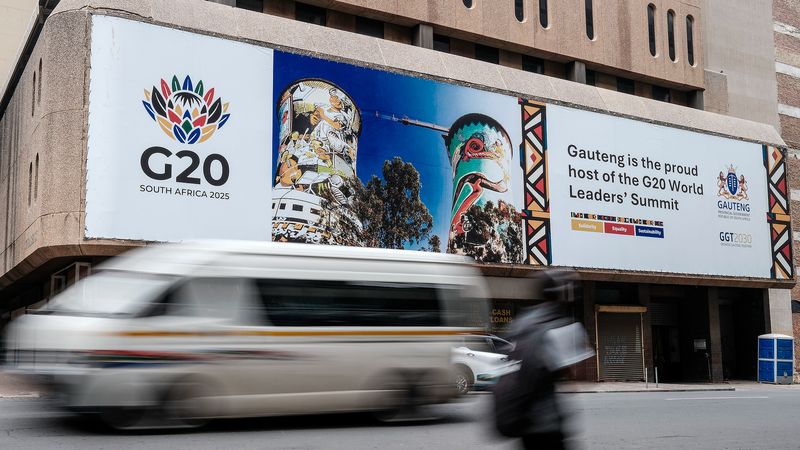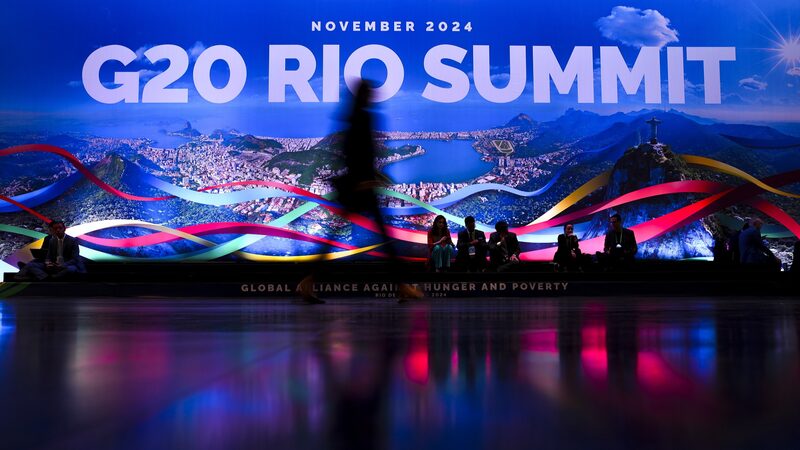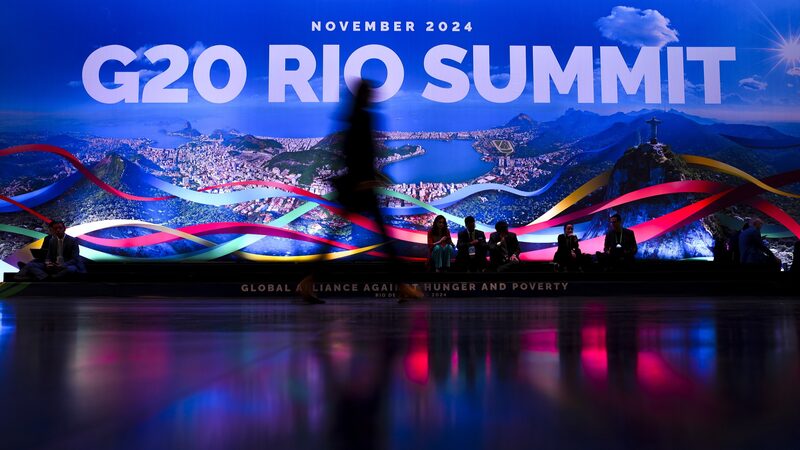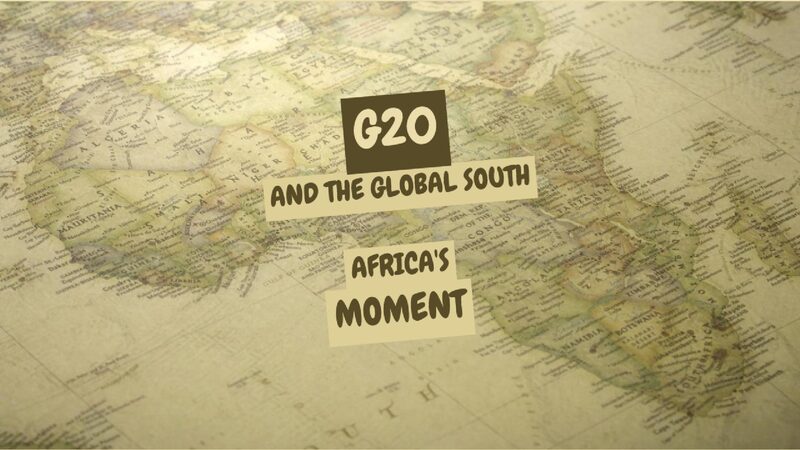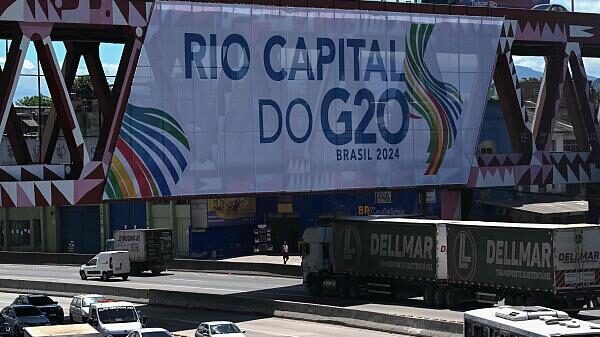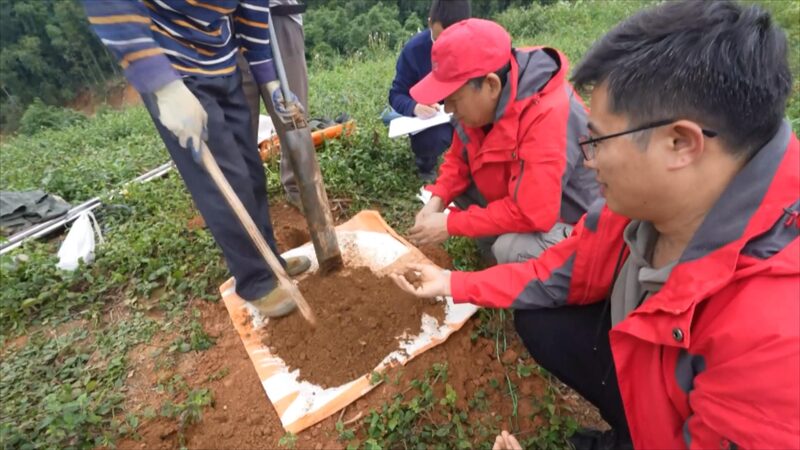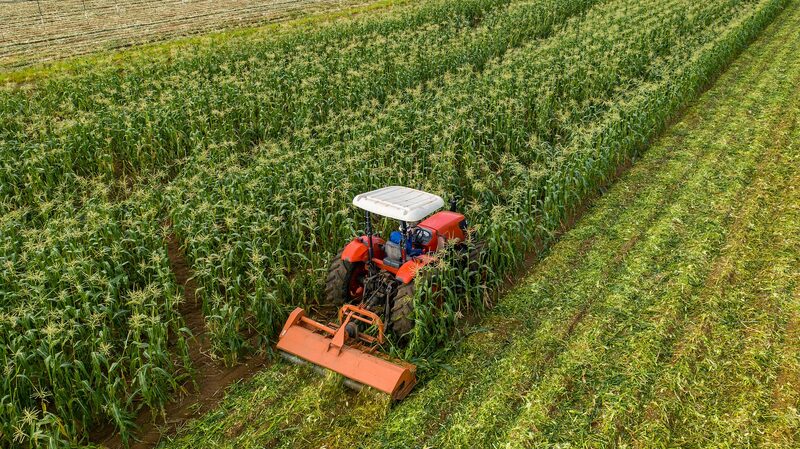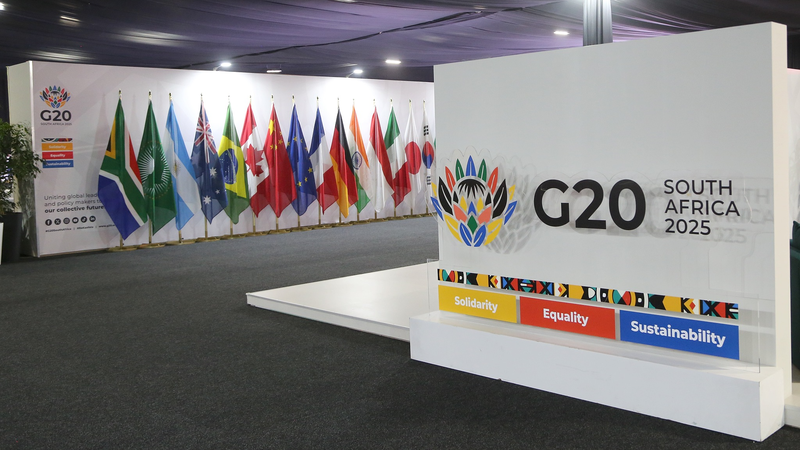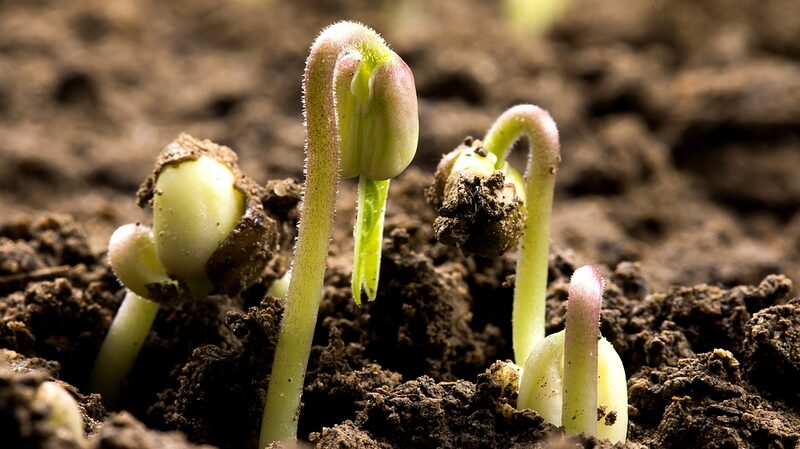For the first time in its history, the G20 Leaders’ Summit took place on African soil in 2025, with South Africa holding the rotating presidency. The event has sparked global debate: Will this historic moment catalyze lasting progress for Africa, or remain a symbolic gesture?
A Platform for Change?
Thembisa Fakude, Senior Research Fellow at Africa Asia Dialogues, emphasized the summit’s symbolic weight but stressed the need for actionable outcomes. 'Africans have long been shortchanged in global business,' he stated, urging the continent to leverage its rare earth minerals—critical for AI and electric vehicles—to demand fair trade terms and local value addition.
Priorities and Pragmatism
Professor Liu Baocheng of the University of International Business and Economics outlined Africa’s 2025 summit goals: inclusive growth, food security, and AI-driven sustainability. He called for 'restructured finance mechanisms' and time-bound tech transfers to convert rhetoric into results. 'Predictable financing structures are key to turning symbolism into progress,' he noted.
Global Solidarity vs. Bilateral Deals
While the summit’s theme, 'Solidarity, Equality, Sustainability,' aligned with China’s emphasis on equitable resource access and 'small but beautiful' infrastructure projects, Fakude expressed skepticism about 'blanket solidarity,' predicting more one-on-one agreements.
U.S. Absence and Multipolar Momentum
The absence of the U.S. President drew mixed reactions. Fakude attributed it to a 'very imperialistic mentality,' while Liu viewed it as accelerating a multipolar world order. Both agreed Africa must now institutionalize its influence through global governance reforms and mineral-driven economic strategies.
Africa’s Next Moves
'This is our oil moment,' Fakude declared, urging African unity on mineral beneficiation. Liu emphasized embedding priorities into global systems: 'Africa must co-author solutions, not just receive decisions.'
Reference(s):
cgtn.com
